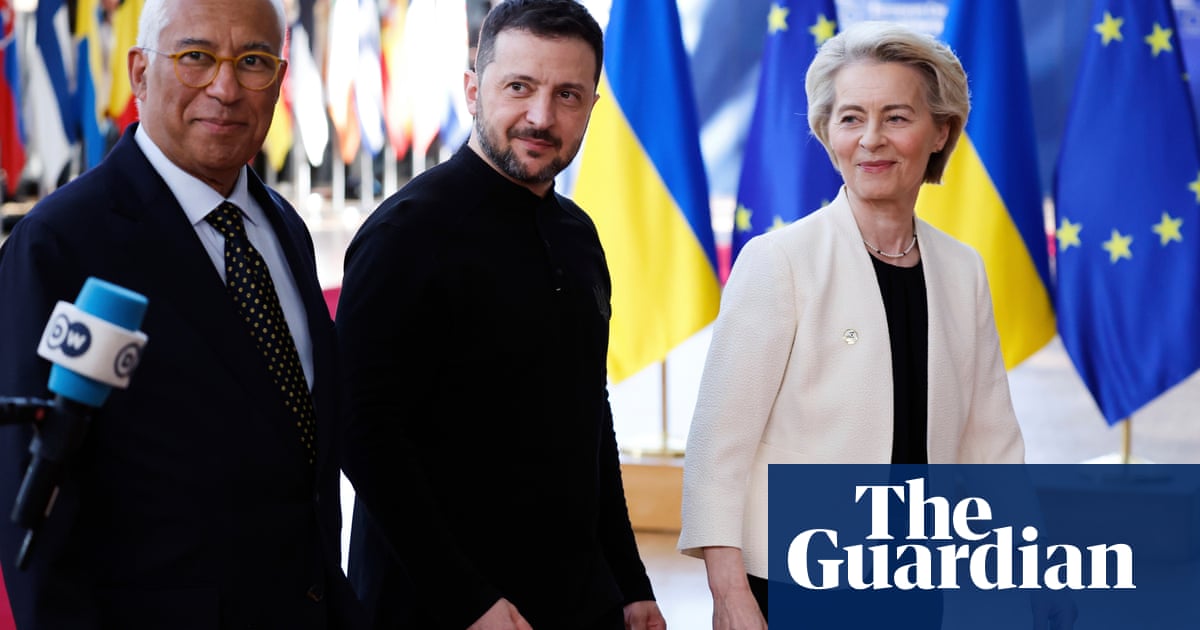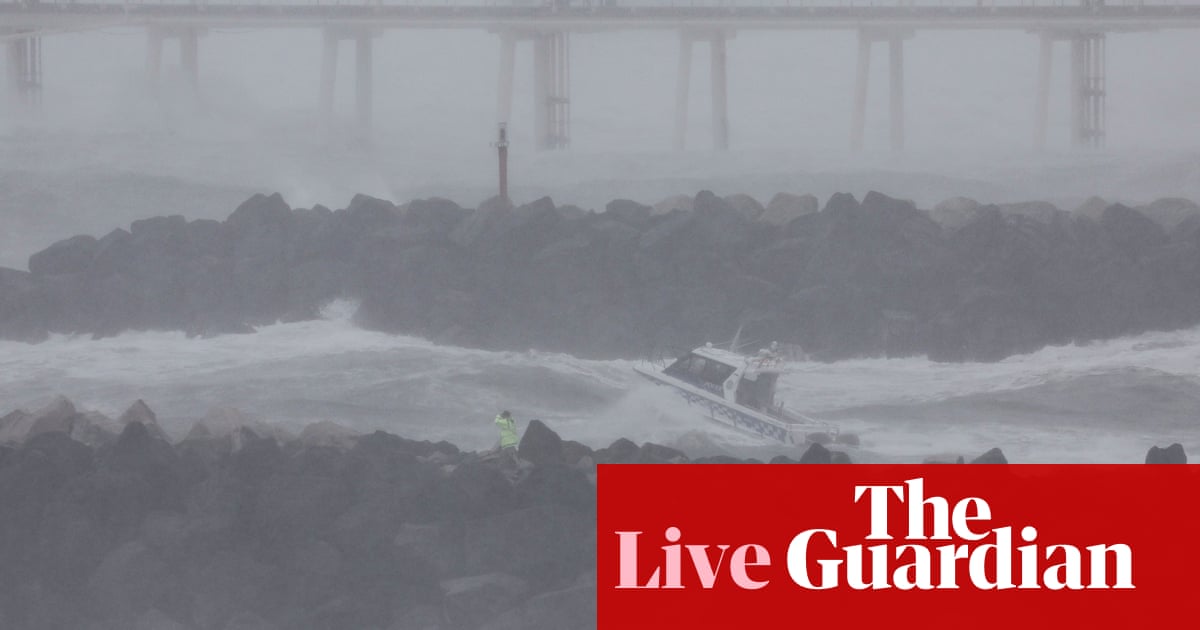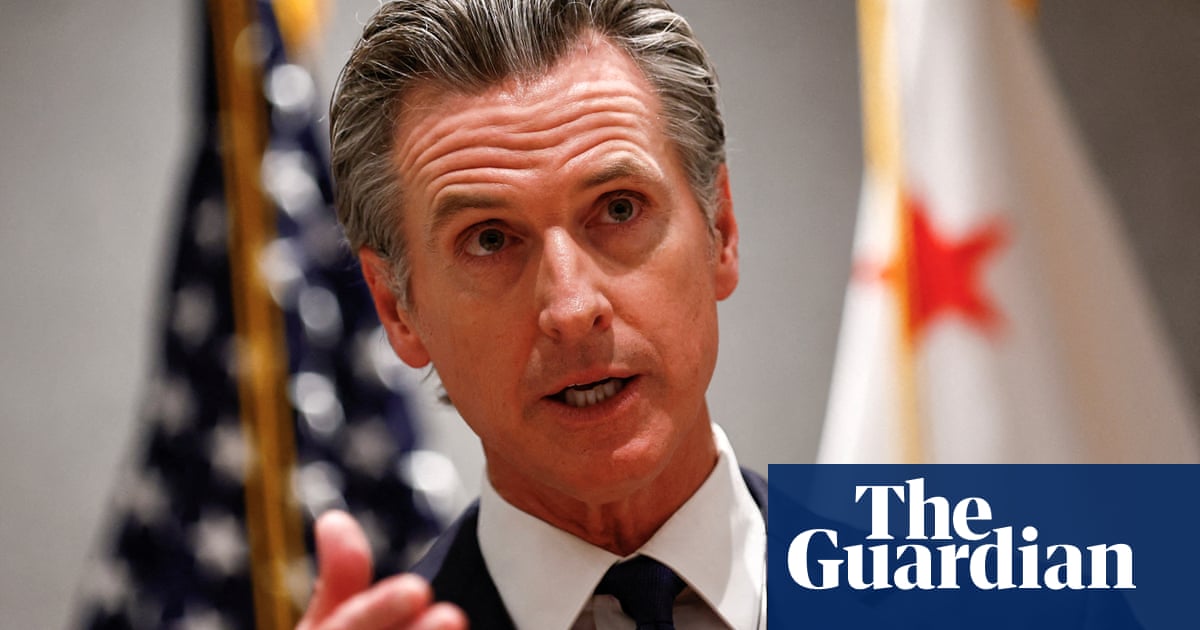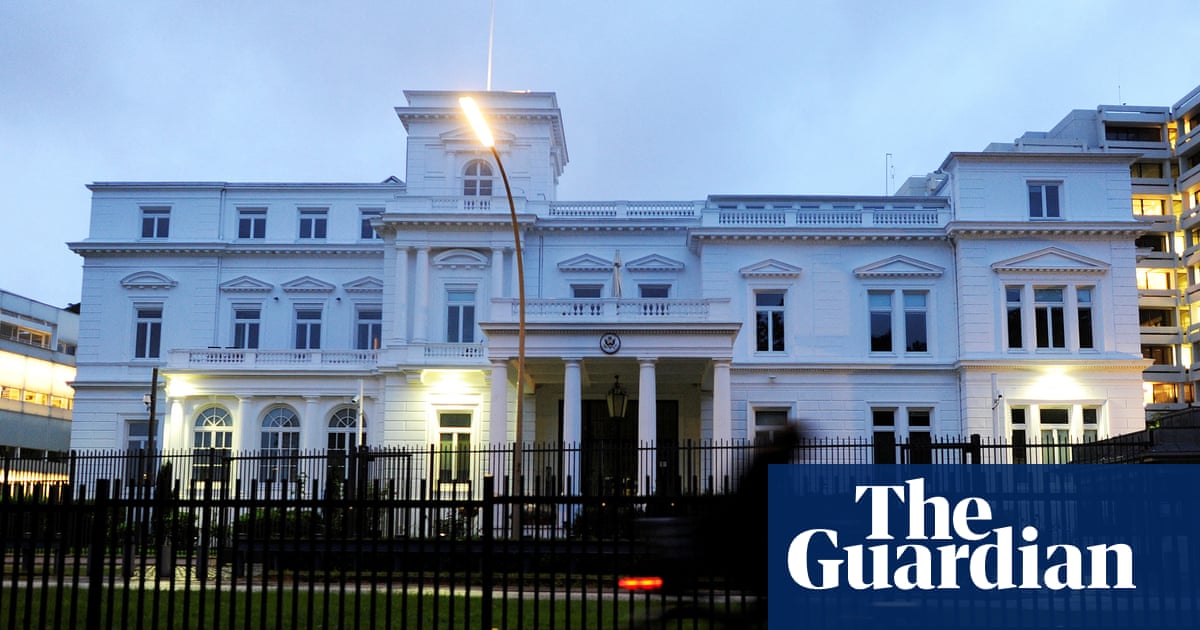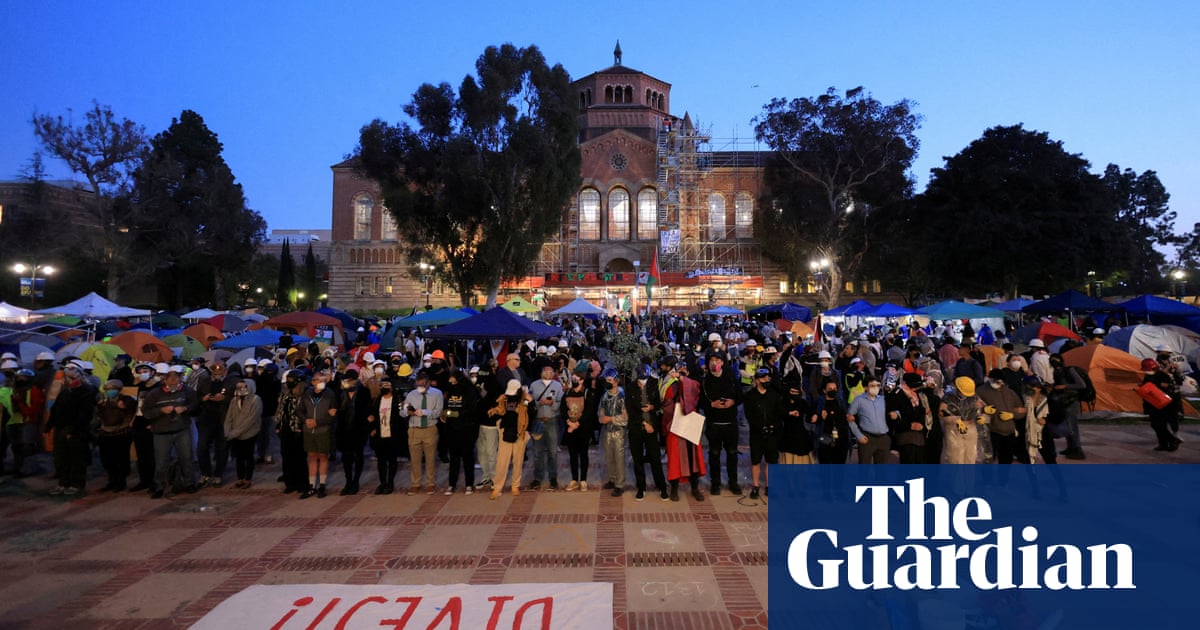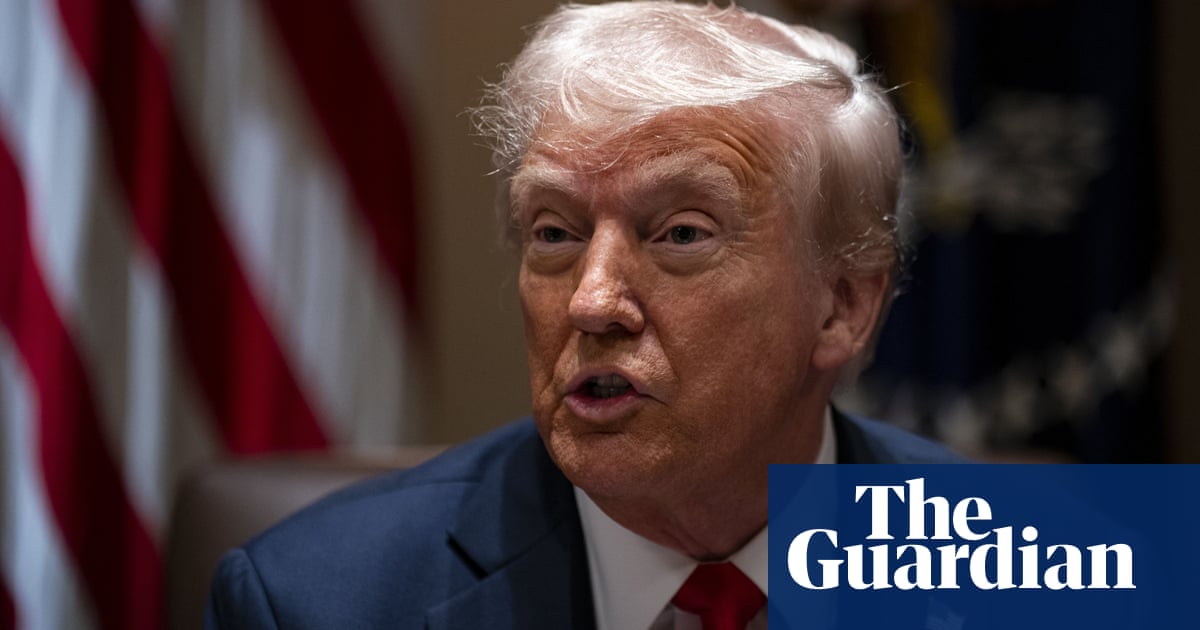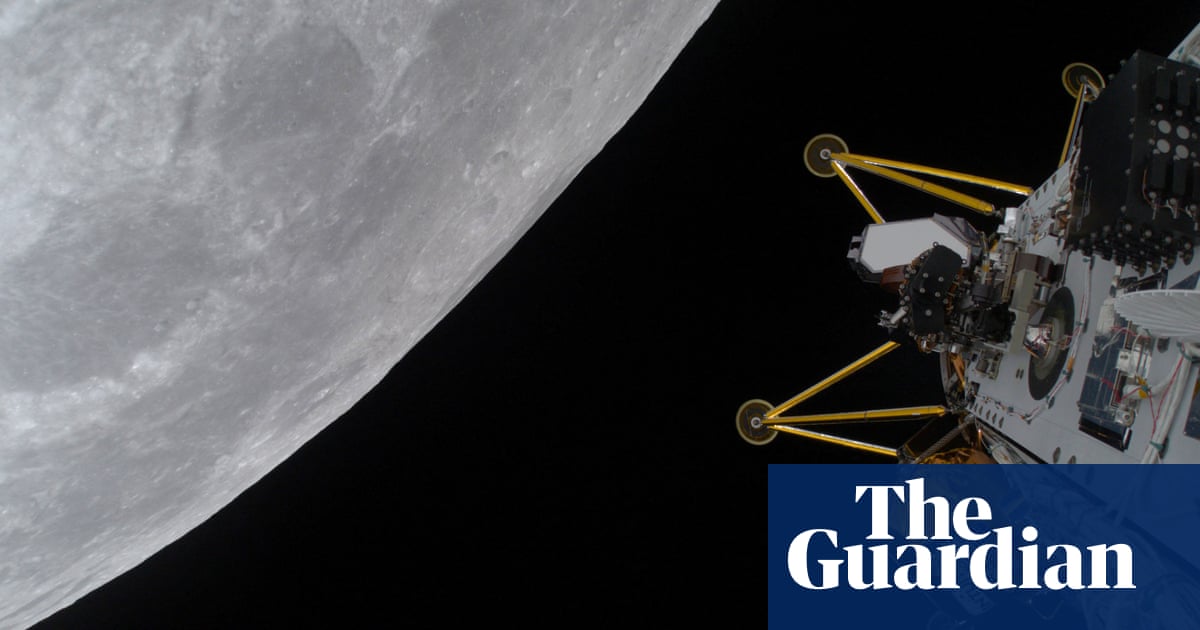Donald Trump said on Monday he would sign an executive order imposing a 25% tariff on all products coming in to the United States from Mexico and Canada, and additional tariffs on China.
“On January 20th, as one of my many first Executive Orders, I will sign all necessary documents to charge Mexico and Canada a 25% Tariff on ALL products coming into the United States, and its ridiculous Open Borders,” Trump said in a post on Truth Social.
Trump said the tariffs would remain in place until the two countries clamp down on drugs, particularly fentanyl, and migrants crossing the border illegally.
In a follow-up post, Trump announced that the US “will be charging China an additional 10% Tariff, above any additional Tariffs, on all of their many products coming into the United States of America”.
He said that the reason for the additional tariff was China’s failure to curb the number of drugs entering the US. China is a major producer of precursor chemicals that are acquired by drug cartels, including in Mexico, to manufacture fentanyl, a highly potent synthetic opioid.
“I have had many talks with China about the massive amounts of drugs, in particular Fentanyl, being sent into the United States – But to no avail … Until such time as they stop, we will be charging China an additional 10% Tariff, above any additional Tariffs, on all of their many products coming into the United States of America.”
In response, China warned that “no one will win a trade war”.
Liu Pengyu, a Chinese embassy spokesperson, said China had taken steps to combat drug trafficking after an agreement was reached last year between Joe Biden and Xi Jinping.
“The Chinese side has notified the US side of the progress made in US-related law enforcement operations against narcotics,” he said in a statement. “All these prove that the idea of China knowingly allowing fentanyl precursors to flow into the United States runs completely counter to facts and reality.”
Canada’s deputy prime minister, Chrystia Freeland, released a statement on Monday evening saying that the country places the highest priority on border security and the integrity of its shared border with the US. Trump and Canadian prime minister Justin Trudeau spoke on Monday night about trade and border security, Reuters reported, citing a Canadian source directly familiar with the situation.
Freeland’s statement did not mention the tariffs directly. It also said that the Canada Border Services Agency, the US Drug Enforcement Administration and US Customs and Border protection “work together every single day to to disrupt the scourge of fentanyl coming from China and other countries.”
While on the campaign trail in October, Trump described tariffs as “the most beautiful word in the dictionary”, and made clear his intentions to reduce US companies’ use of foreign goods and parts by raising their cost. Trump campaigned on pledges to raise tariffs to 60% for all goods imported from China and to 20% for those brought in for the rest of the world. The policy, he said, would strengthen the US’s international trade position and boost US job growth.
A tariff is a tax placed on goods when they cross national borders. Import tariffs such as those proposed by Trump can have the effect of protecting domestic industries from foreign competition while also generating tax revenue for the government. But economists widely consider them an inefficient tool that typically leaves consumers and taxpayers bearing the brunt of higher costs.
Countries generally levy retaliatory tariffs of their own in response to tariffs such as those Trump is proposing, which can spark a trade war – as happened between the US and China during Trump’s first presidency.
“A tariff is basically a sales tax, raising the price of almost everything you buy. It’s also regressive – taking a higher percentage out of the paychecks of working people than out of the wealthy,” Robert Reich, former US secretary of labor, posted on social media.
The Peterson Institute for International Economics, a nonpartisan Washington DC-based research organization, estimates that Trump’s proposed tariffs would cost the typical US household more than $2,600 a year.
Trump’s proposal comes just days after he picked hedge fund manager Scott Bessent to be his treasury secretary – a move many Wall Street executives believe signalled a willingness to moderate his approach to tariffs.
after newsletter promotion
“It’s almost as if Trump wants to remind markets who is in control, after nominating Scott Bessent as treasury secretary – a man markets expected to cool Trump’s potency,” Matt Simpson, a senior market analyst for City Index told Reuters.
While the 10% tariff pledge is lower than his previous threats against China, analysts said it was probably an opening gambit, especially with the Chinese economy in a much more vulnerable position than during the previous trade war waged between the two countries given the country’s prolonged property downturn, debt risks and weak domestic demand.
William Reinsch, senior adviser at the Center for Strategic and International Studies, said the move was classic Trump: “threaten, and then negotiate.”
Tahra Jirari, the director of economic analysis at an organization called the Chamber of Progress, which describes itself as “a new tech industry coalition devoted to a progressive society, economy, workforce, and consumer climate”, has reacted to Trump’s tariffs, pointing out that they will lead to higher prices for consumers.
“Trump vows 25% tariff on ALL Mexico/Canada imports if elected. This means higher prices for Americans. Tariffs = taxes that YOU pay at the store. Cars, food, electronics – all cost more. Even your grocery bill would jump. Companies can’t absorb 25% – it hits your wallet,” she wrote in a social media post.
The proposed tariffs may also signal Trump’s plans for the US-Mexico-Canada Agreement (USMCA), which he renegotiated during his first term, and forebode a future trade war.
“While the USMCA agreement is technically only up for renegotiation in 2026, Trump is likely trying to kickstart the renewal process early with Canada and Mexico through today’s tariff announcements,” said Alex Loo, a foreign exchange and macro strategist at TD Securities.
“Mexico and Canada remain heavily dependent on the US market so their ability to walk away from President-elect Trump’s threats remains limited,” Wendy Cutler, vice president at the Asia Society Policy Institute, and former US trade official, told AFP.
More than 83% of exports from Mexico went to the US in 2023 and 75% of Canadian exports go to the country.

 3 months ago
62
3 months ago
62
